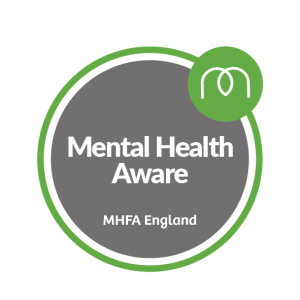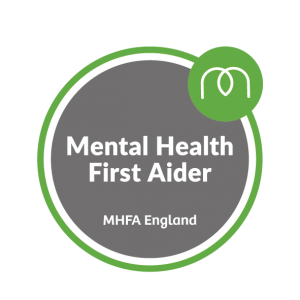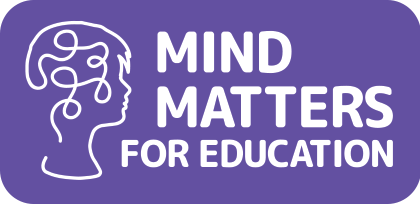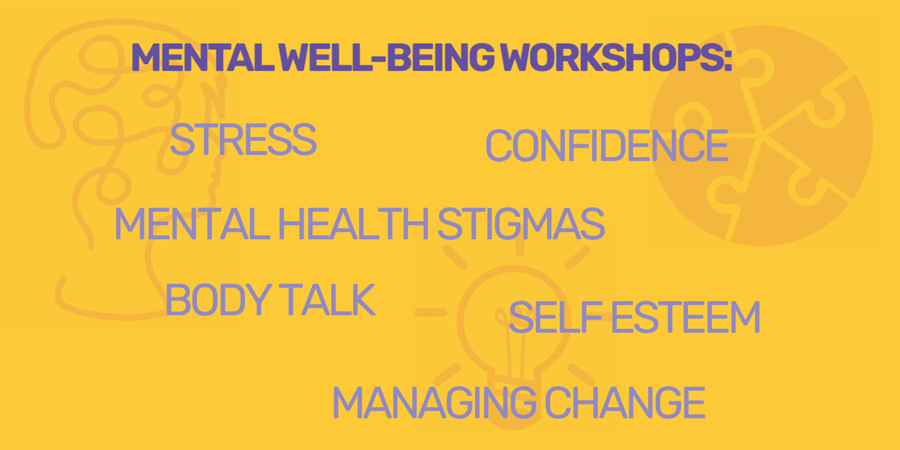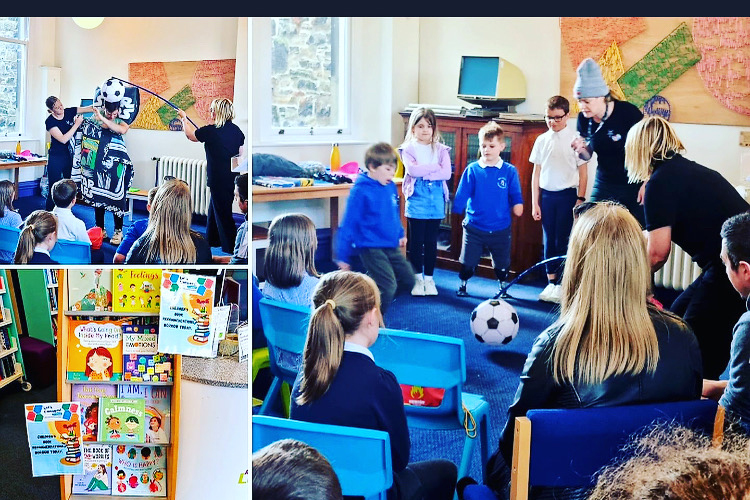What we offer
At Mind Matters for Education we create workshops for children and young people of all ages and can flexibly work in a number of settings such as schools, libraries and community groups.
Our workshops integrate discussion, drama activities, improvisation/role play of characters and scenarios alongside relevant and up to date mental health knowledge. The aim is for the students to engage with the work and begin to understand how they can look after their mental health and well-being and access wider support.
We aim to work with schools and build close working relationships with teachers and other education professionals, making sure our workshops and their delivery are always tailored to the needs of the organisation.
Mind Matters for Education collaborates with ‘Falling Stars Theatre’ to create some of the performance aspects of the work that is produced. ‘Falling Stars Theatre’ is a theatre company who create theatre with the audience at the heart of the action, creating an immersive experience for all.
FAQ'S
Workshop Topics:
- Emotion Identification and management.
- Mental Health
- Well-being
- Mental Health Stigmas
- Confidence and Self esteem
- Building Resilience
- Managing change
- Stress
- Exploring Youth Voice
- Mental Health awareness of Digital Media
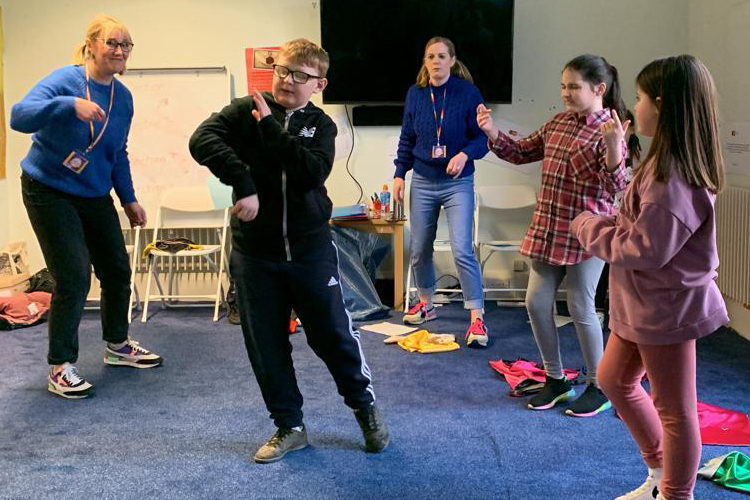
Workshops:
Workshop format will include the following:
- Introduction to Mind Matters for Education and aims of the session
- Rules and confidentiality
- Starter activity/practical
- Introduction to the key concepts (Theoretical) of the session’s focus
- Practical drama activities: using drama techniques and role play to explore themes
- Evaluative discussion of key concepts, linking to practical activities
- Signposting sources of support that can be accessed
The following are available:
Workshops can be tailored to meet your school’s needs. We provide:
- A half day workshop (3 HRS).
- A full day workshop (up to 5 HRS).
- A series of workshops in school or after school provision (term time).
- Packages can be tailored to suit specific needs.
- ‘Meet Jack’ Performance and workshop.
Please contact us for prices and details of any special offers available.
Risk assessments and further details:
At mind matters for education we have a generic risk assessment available upon request. We will adapt our risk assessment when required according to specific circumstances of individual schools and organisations.
The content within Mind Matters for Education Drama/mental health workshops is not to be regarded as professional therapy. We focus on awareness and understanding as a way to empower young people to help themselves.
Secondary PSHE links to curriculum:
There is an urgent need to educate children and young people about their mental health and well-being. More children and young people than ever before are reaching out for help with their mental health. The government have begun to recognise the need for further work to be done in schools and have introduced Mental Health and Well-being as part of the new PSHE/RSE curriculum.
There is now a physical health and mental wellbeing section of the statutory relationships, sex and health education curriculum.
‘The new secondary content will build on everything learned at primary school, ensuring pupils can spot the signs of common mental illnesses such as anxiety and depression in themselves or others. Young people will learn how to discuss their emotions accurately and sensitively, about the impact of alcohol and drugs on physical and mental health, and how to access professional help.’
(25th February 2019; to start September 2020)
Department for Education:
The following is from the Department of Education’s guidelines for the curriculum addressing Physical Health and mental wellbeing.
Mental Well-being
Pupils should know:
- – How to talk about their emotions accurately and sensitively, using appropriate vocabulary
- – That happiness is linked to being connected to others
- – How to recognise the early signs of mental well-being concerns
- – Common types of mental ill health (e.g. anxiety and depression)
- – How to critically evaluate when something they do or are involved in has a positive or negative effect on their own or other’s mental health
- – The benefits and importance of physical exercise, time outdoors, community participation and voluntary and service-based activities on mental wellbeing and happiness
At Mind Matters for Education we will endeavor to ensure that the content of our workshops enables schools to cover the curriculum requirements in an interesting and engaging way.
